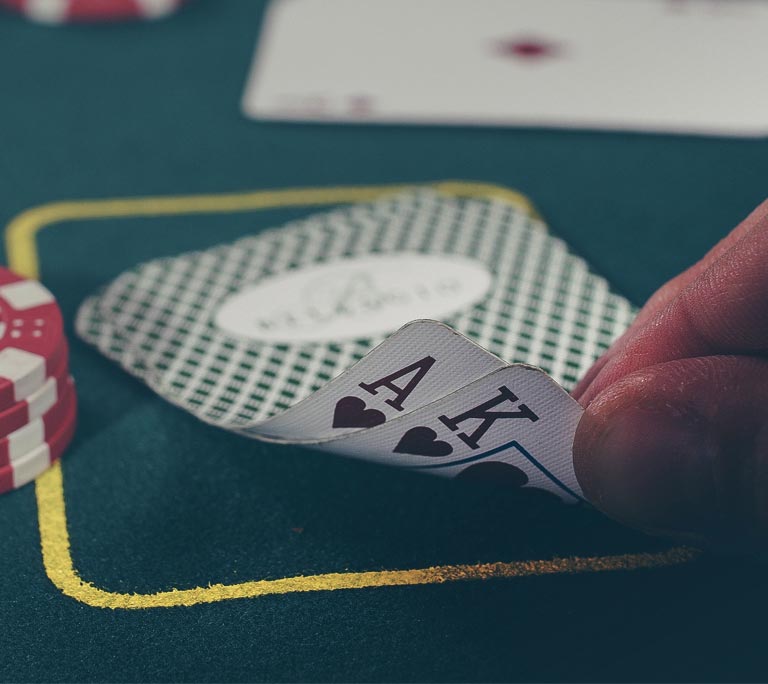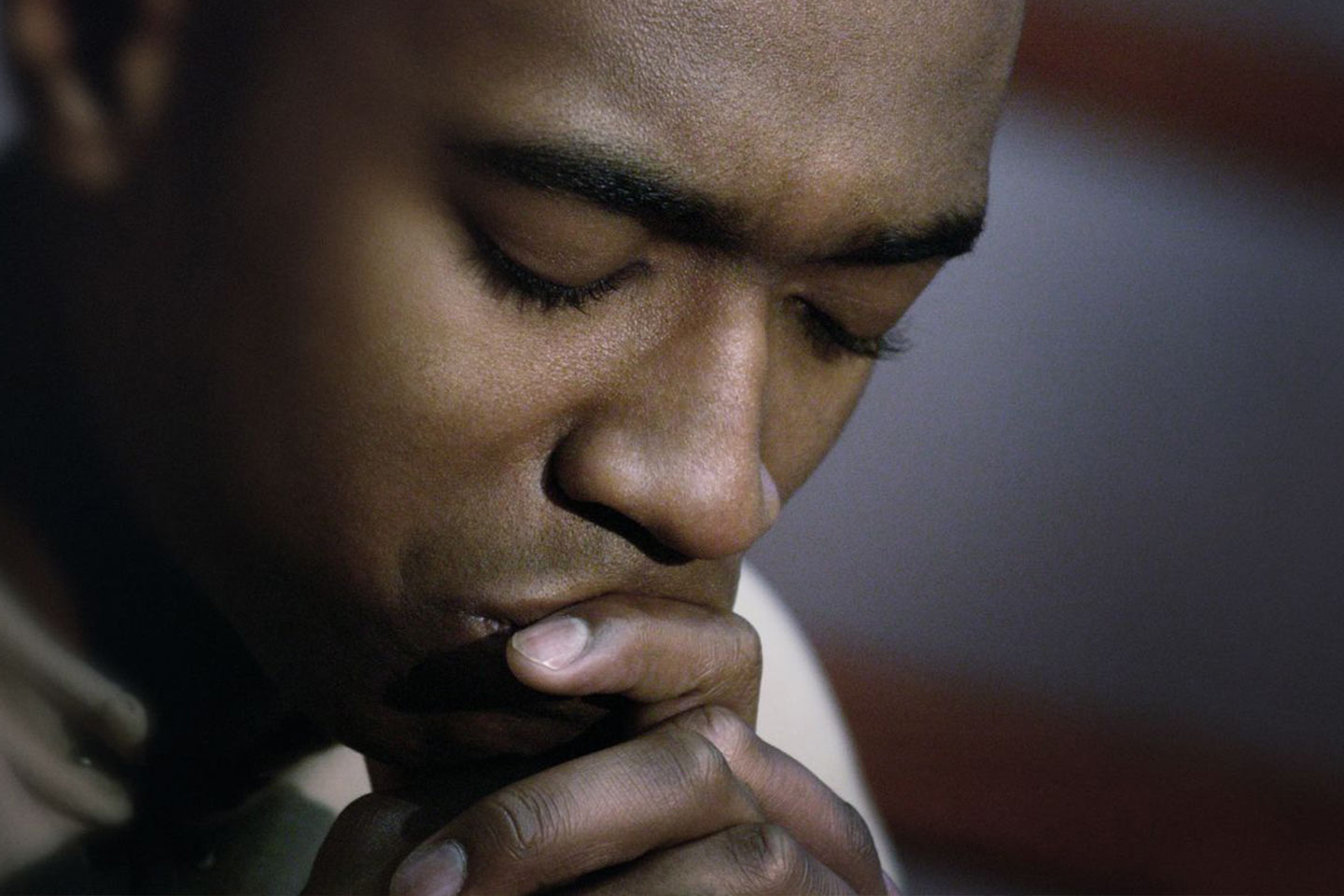Treating Compulsive Behaviours
Compulsion or compulsive behaviour is usually defined as a behaviour that is repeated over and over or when specific triggers are present, in a persistent pattern that in itself does not provide a reward.
“The pendulum of the mind oscillates between sense and nonsense, not between right and wrong.”
Carl Gustav Jung

An Example
To help to clarify, let's think of a common type of behaviour that anyone may be doing. When you leave your home in the morning you may check to make sure you locked the door by turning the key and giving the handle a little twist and shake. This would be considered normal. However, if you then stepped away from the door and had to check the lock again, and again, and perhaps for a set number of times, that normal behaviour has just turned into a compulsion.
To take it further, should you try to walk away without checking the door and completing the behaviour pattern your anxiety levels would rise, you would become obsessed about the door, and you would not be able to move forward with your day without fulfilling that check. At this point, the compulsive behaviour may also be called a behavioural addiction since it has clearly negatively impacted on the quality of your life.
Gambling, hoarding, counting, shopping, texting, talking and eating can become compulsive behaviours that quickly escalate to the level of a behavioural addiction.

Treatment Considerations
Often when an individual with a compulsion is treated only for the symptoms, the compulsive behaviour simply moves from the current focus to another. A gambler may become a compulsive shopper or a compulsive shopper may become a hoarder.
Often the causes of compulsive behaviour are very complicated and complex, and can even originate very early in childhood. Gambling is a prime example of this, where gambling and winning may be linked with feeling appreciated, loved, admired or accepted.
Gamblers often report that winning filled a void, relieved stress, allowed them to simply forget about the pressures of their life in a socially acceptable way. However, the losses quickly mount up, and sustaining the "high" from a win become more of a financial and emotional burden.
Contact Us Today
Bringing those ideas, beliefs and messages from the dark into the light provides the insight for creating effective, productive and positive coping strategies.
Contact Us to find out More

